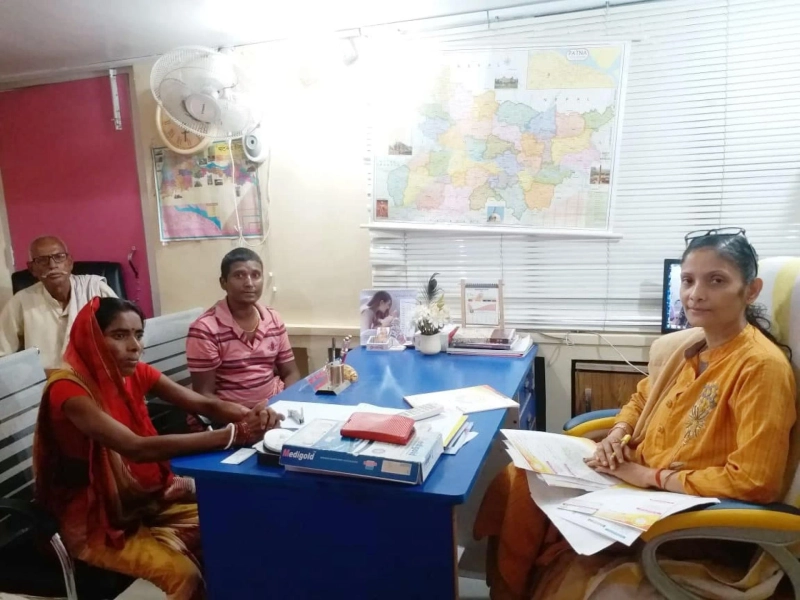Cycles of IVF
In order to complete an IVF cycle, you must go through various steps. It's not uncommon for more than one IVF cycle to be required before things become permanent. rundown of the steps, along with an estimate of how long each one will take:
Preparation
The preparation period begins two to four weeks before your IVF cycle begins. Making tiny lifestyle modifications to ensure you're at your healthiest is part of it. Your doctor may prescribe medicine to help you get your menstrual cycle back on track. This makes the rest of the IVF stages go more smoothly.
Stage 1:
This is a one-day stage. The first day of your IVF cycle is the first day of your menstruation closest to the IVF treatment date. Yes, getting your period is a positive thing in this situation!
Stage 2:
This step can take anywhere from three to twelve days to complete. Fertility medicines that stimulate, or wake up, your ovaries will be started. This energizes them, causing them to release more eggs than usual.
3rd stage:
The “pregnancy hormone,” also known as human chorionic gonadotropin, will be injected into you (hCG). This hormone facilitates the release of eggs from your ovaries.
You'll be at the fertility clinic 36 hours after the injection, where your doctor will harvest or remove the eggs.
4th Stage
This stage is divided into two parts and takes a day to complete. Your spouse (or a donor) will have previously contributed sperm or will do so while your eggs are being extracted.
5th Stage:
Your healthy embryo will be implanted into your womb less than a week after your eggs have been collected. You won't feel anything because this is a non-invasive process.
Stage 6:
You'll be back in your doctor's office in 9 to 12 days. IVF Center in Patna A scan will be performed by your doctor to determine how well your little seedling has settled into your womb. A blood test will be performed to determine your pregnancy hormone levels.
During IVF, what should you eat?
Focus on eating nutritious, balanced meals during your IVF cycle. During this period, avoid making any substantial or significant changes, such as going gluten-free if you aren't already.A Mediterranean-style diet is recommended by reproductive endocrinologist Dr. Aimee Eyvazzadeh. Its colorful, plant-based foundation should offer your body the nutrition it requires.

